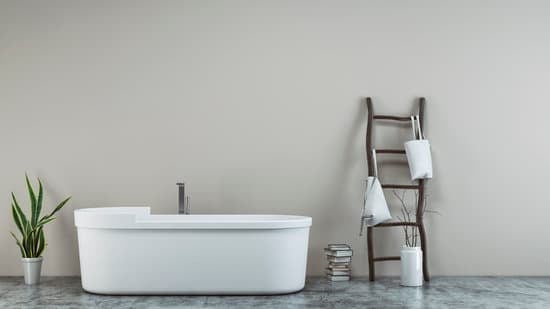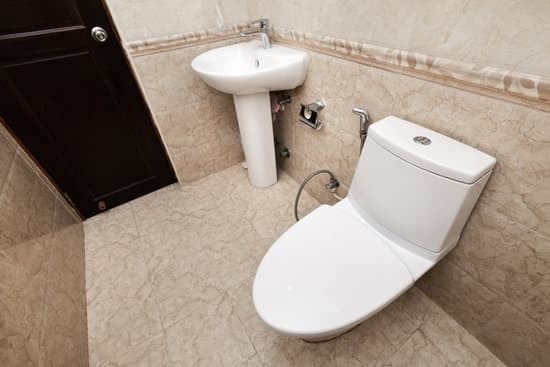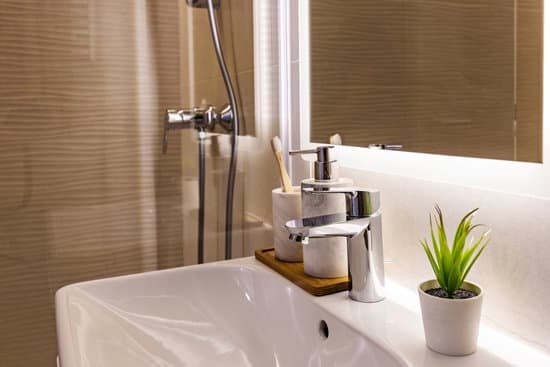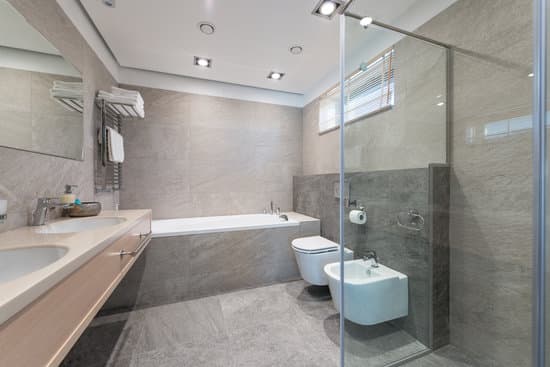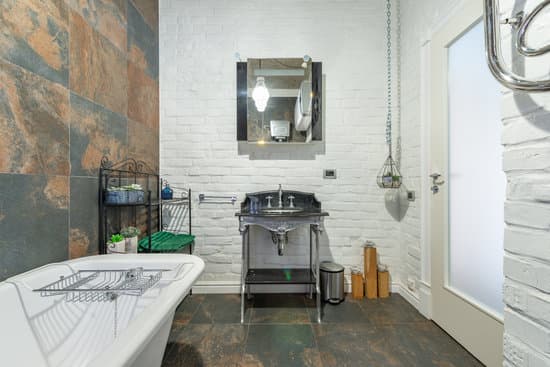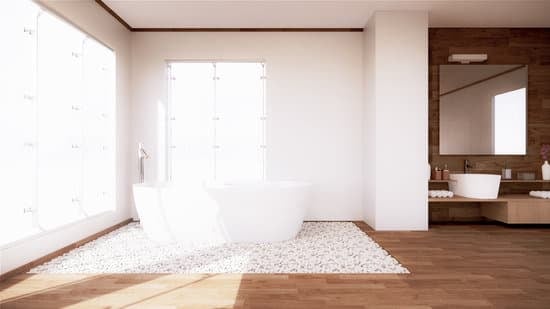Are you considering remodeling your bathroom but worried about the cost? Look no further, because in this article, we will guide you through the process of remodeling your bathroom yourself while staying within your budget. From assessing your budget and setting realistic expectations to planning and designing your new space, we’ve got you covered. We’ll also provide tips on gathering materials and tools, as well as safely demolishing old fixtures and installing new ones. Get ready to transform your bathroom without breaking the bank!
Assessing Your Budget and Setting Realistic Expectations
Assessing your budget and setting realistic expectations is crucial when considering how much it’ll cost to remodel a bathroom yourself. Before diving into the project, you need to carefully evaluate your finances and determine how much you can afford to spend. Keep in mind that there are various cost considerations involved, such as materials, fixtures, labor, and unexpected expenses. DIY bathroom renovations can save you money since you won’t have to hire professionals for the job. However, it’s important to weigh this option against the potential risks and challenges. While doing it yourself may seem like a cost-effective solution, hiring professionals ensures that the work is done correctly and safely. Consider your skill level, available time, and willingness to learn new things before making a decision. Remember, prioritizing safety should always be a top concern when taking on any home improvement project.
Planning and Designing Your Bathroom Remodel
When planning and designing your bathroom remodel, it’s important to consider the layout and functionality of the space. Here are four key factors to keep in mind:
- Bathroom Layout: Assess the current layout and determine if any changes need to be made for better flow and utilization of space. Consider factors such as plumbing locations, door swings, and access to natural light.
- Functionality: Think about how you use the bathroom on a daily basis. Do you need more storage? Is there enough counter space? Plan your design accordingly to meet your specific needs.
- Choosing Fixtures: Selecting the right fixtures is crucial for both aesthetics and functionality. Look for water-saving options that are also easy to clean and maintain. Consider features like adjustable showerheads, efficient toilets, and durable countertops.
- Safety Measures: Incorporate safety features into your design, especially if you have children or older adults using the bathroom. Install grab bars near toilets and showers, choose non-slip flooring materials, and ensure proper lighting throughout the space.
By carefully considering these aspects when planning your bathroom remodel, you can create a functional yet safe oasis within your home while staying within budget constraints.
Gathering Materials and Tools
Gathering the necessary materials and tools is essential for a successful bathroom remodel. When it comes to cost, it’s important to consider the price of materials and tools. The cost of materials can vary depending on your preferences and budget. For example, if you want high-end fixtures or custom tiles, the cost will be higher compared to more affordable options. It’s a good idea to shop around and compare prices at different stores to find the best deals.
As for necessary tools, you will need basic hand tools such as a hammer, screwdriver set, pliers, and utility knife. Power tools like a drill, circular saw, and wet tile saw may also be required depending on the extent of your remodel. Safety should always be a priority when using these tools, so make sure to wear protective gear like goggles and gloves.
Remember that investing in quality materials and tools upfront can save you money in the long run by reducing potential repairs or replacements down the line.
Demolition and Removal of Old Fixtures
To begin the demolition and removal of old fixtures, you’ll need to gather your safety gear such as goggles and gloves. Safety should always be a top priority when undertaking any DIY project. Once you have your protective equipment in place, it’s time to consider the cost of professional demolition versus doing it yourself. Hiring professionals for this task can range anywhere from $500 to $2,000 depending on the complexity of the job. However, if you’re looking to save money, there are DIY demolition techniques that can be just as effective. These include using a sledgehammer or pry bar to remove tiles and fixtures carefully. Remember to proceed with caution and take breaks when needed to avoid unnecessary accidents.
Installing New Fixtures and Finishing Touches
Once you’ve completed the demolition and removal of old fixtures, it’s time for you to start installing new fixtures and adding those finishing touches. Safety should be your top priority during this process. Start by choosing the right lighting for your bathroom. Consider both functionality and style when selecting light fixtures. Make sure they are properly installed and that all electrical connections are secure to prevent any accidents.
Next, focus on selecting the perfect paint color. Look for paint specifically designed for bathrooms, as it is more resistant to moisture and mold growth. Consider lighter colors to create a sense of space or go with bold hues for a dramatic look. Remember to properly prepare the walls before painting by cleaning them thoroughly and applying a primer.
By following these steps, you can successfully install new fixtures and give your bathroom a fresh look while ensuring safety in the process.
Conclusion
In conclusion, remodeling a bathroom yourself can be a cost-effective option if you are willing to put in the time and effort. By assessing your budget and setting realistic expectations, planning and designing your remodel, gathering the necessary materials and tools, and carrying out demolition and installation tasks, you can achieve a fresh new look for your bathroom without breaking the bank. With careful attention to detail and some DIY skills, you can transform your bathroom into a beautiful space that reflects your personal style.

